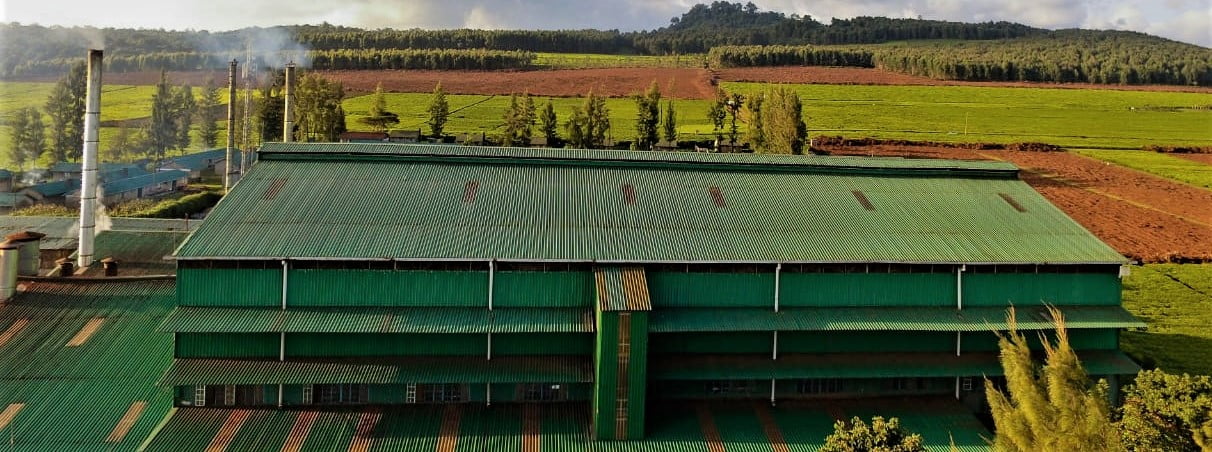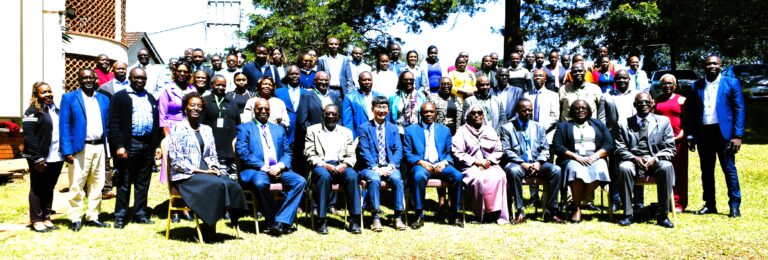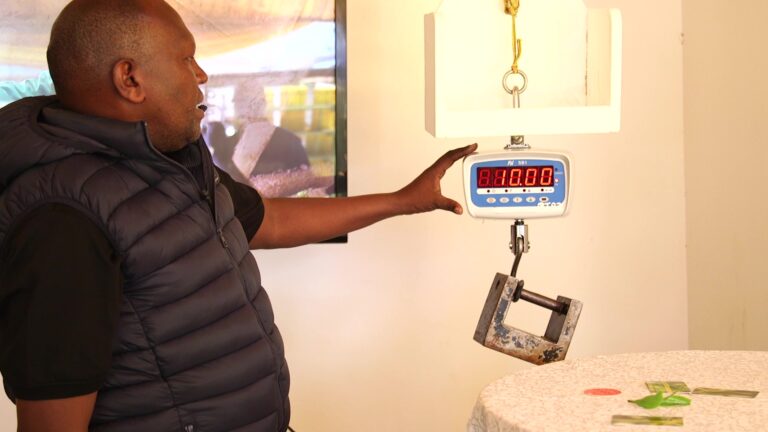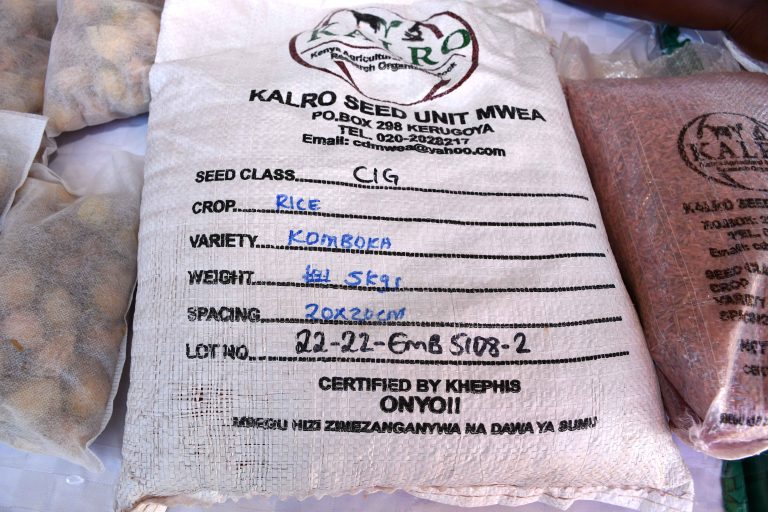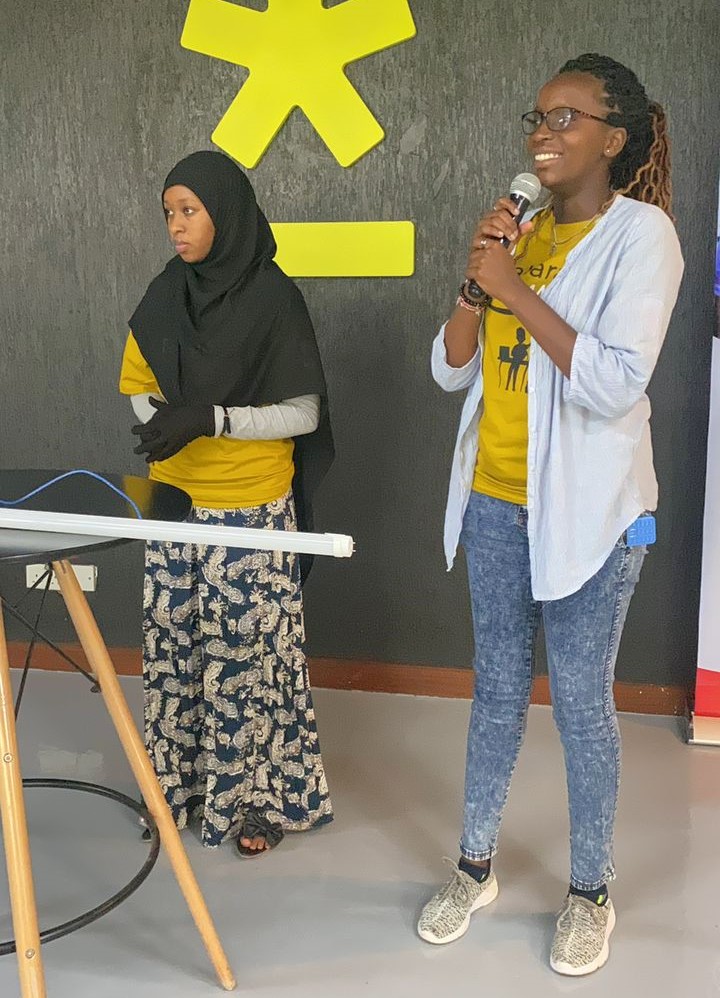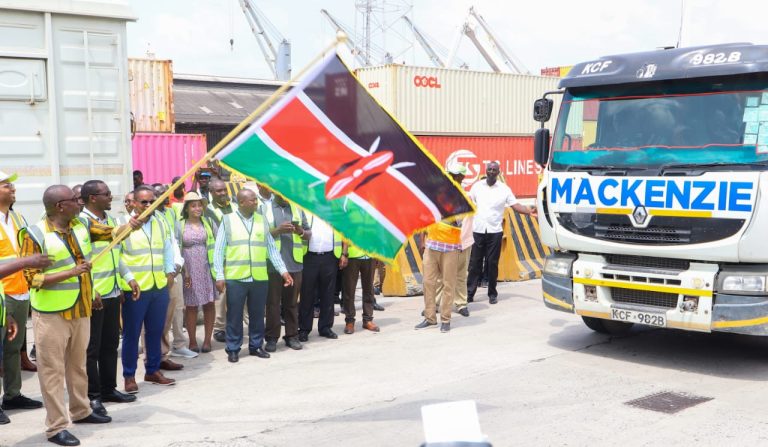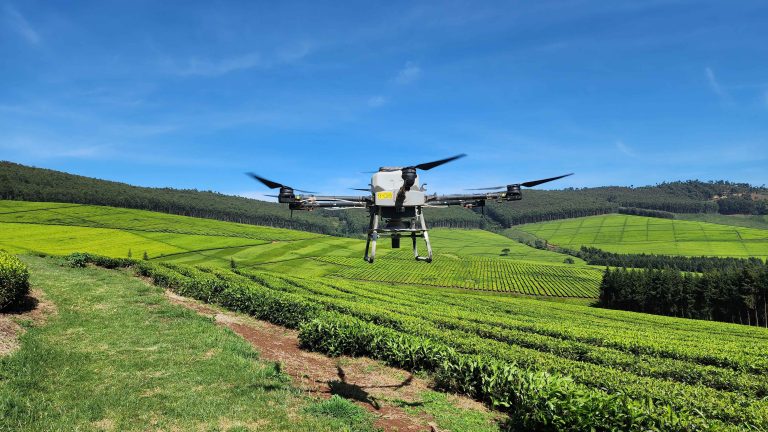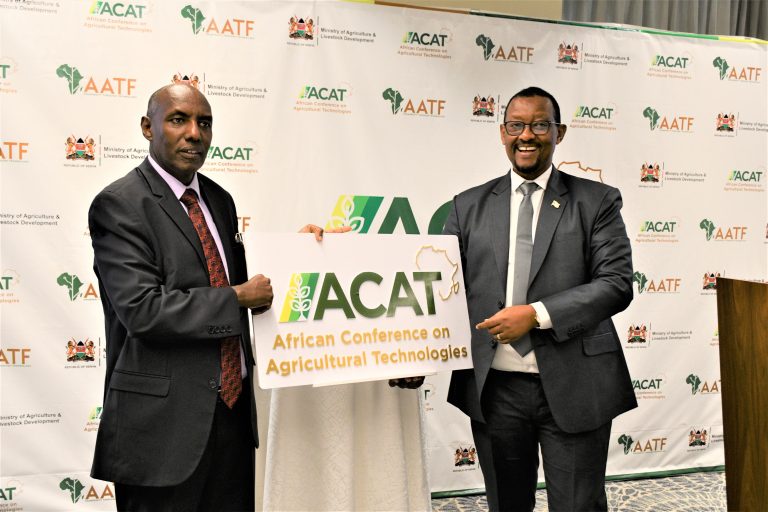The deployment of SAP (systems, applications and products) software by KTDA and its managed factories has provided analytical tools that are used for better decision making while making payments for farmers’ green leaf efficient and quick. It has also drastically improved payment processing and enhanced end-to-end visibility for better controls and safeguards.
“We wanted a solution to bring all our factories into a single system that would improve every aspect of our operations, from production planning and quality management to sales, distribution and payroll,” says KTDA CEO Wilson Muthaura. “This was no mean feat since more than 600,000 farmers are paid every month for green leaf supplied and over 10,000 employees working across the organisation. However, following this successful rollout, all farmers are now paid through our SAP system, reducing processing time by more than 80 per cent.”
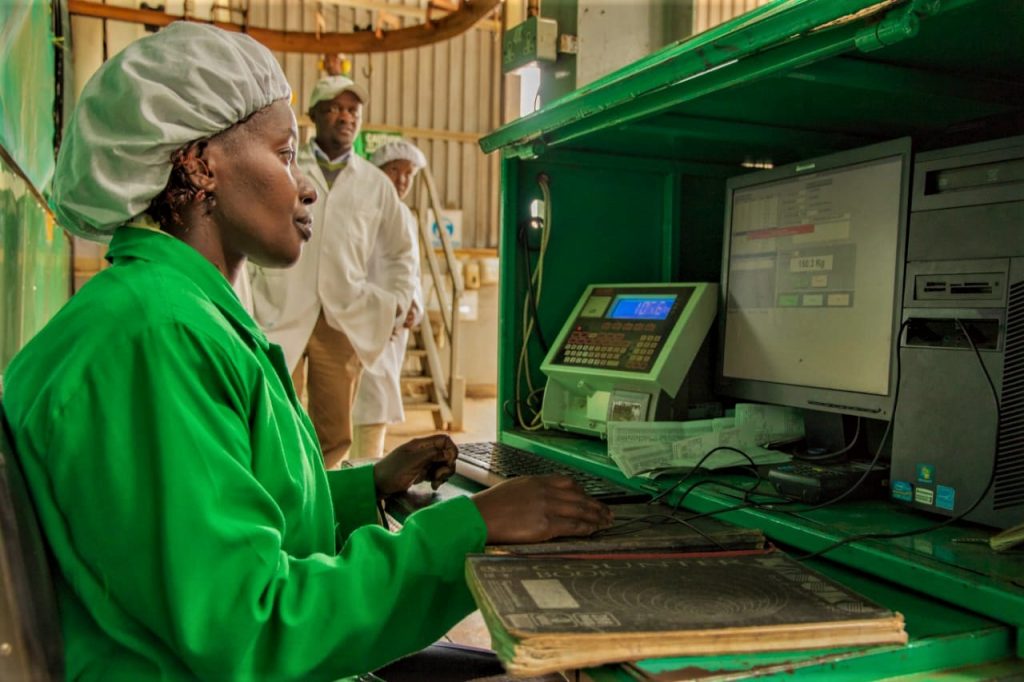
Through the KTDA Management Services company, the operations of 71 factories are seamlessly managed and SAP has come in handy in enhancing operational efficiencies with the aim of increasing transparency and profitability in the businesses.
The Agency has seven subsidiaries and a Foundation providing specialised services across the tea value chain, including factory management, engineering, insurance, tea trading and warehousing, credit provision and power production.
In late 2021, KTDA revised its monthly green leaf payment timelines to the first week of the following month. Payments for deliveries had previously been made on the third week of the following month. The change it says, aided by efficient payment processing through SAP, translated to faster access of farmers’ cash to meet their daily needs and align the payment to farmers’ monthly obligations.
The system also allows the Agency to easily incorporate other items like loans and inputs (like fertilizer) issued to the payment process allowing for easy and seamless recoveries.
“We worked with an experienced SAP partner, OneConnect Technologies, to implement SAP ERP Central Component and Business Intelligence, covering end-to-end processes across KDTA’s operations,” says Martin Mwarangu, the Group General Manager for ICT Services at KTDA.
Besides payment processing, different modules of SAP have delivered multiple benefits including production planning and management and full visibility of tea sales. “SAP has digitally transformed the KTDA business and made it technologically ready to adopt any future solutions that would further enhance business efficiencies. The wealth of data generated is important in decision making and forecasting,” says KTDA Management Services Managing Director Julius Onguso.
Plant maintenance has also been enhanced with a solution that ensures proper maintenance and provides greater visibility over costs associated with equipment. In addition, all transactions are now updated to general ledgers and relevant cost/profit centres in real time, giving the finance team full visibility over the organisation’s operations.
The Agency has also rolled out a sales and distribution module that allows all tea selling processes to be done on one system; from raising sales orders; tea dispatch and revenue management.
The SAP solution generates a wealth of data and has embedded business analytical tools that generate reports and dashboards extensively used by decision-makers to collect insights and make better decisions for the business.
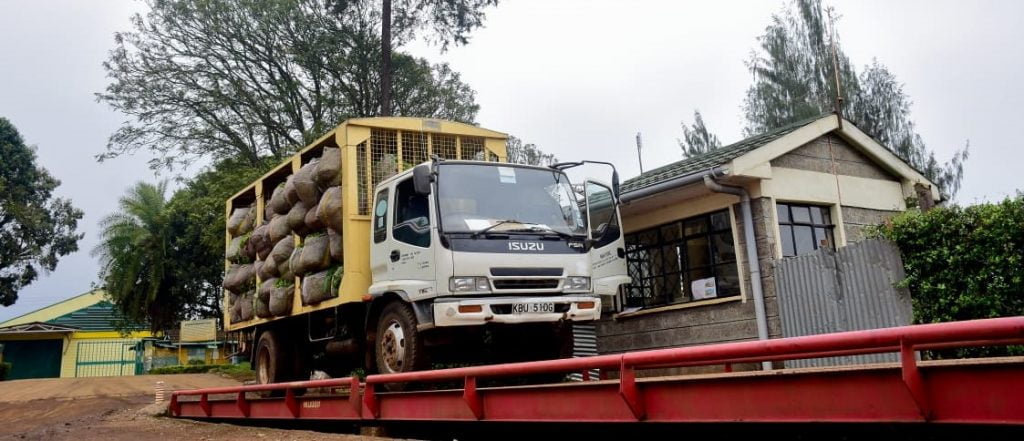
Thirty-two KTDA-managed factories are currently running on the SAP solution, making reporting and intercompany integration easier. The deployment of SAP also means there is uniformity and consistency in how each of the factories are run. The Agency is working to have all other factories deploy the solution for group-wide benefit.
Hardeep Sound, Regional Sales Director for East Africa at SAP, adds: “Facing inefficiency and a lack of visibility over critical business processes, KTDA embraced the benefits of the latest technology to completely transform their end-to-end business functions. As KTDA continues to play a vital role in the broader Kenyan economy as well as directly in the lives of more than 600,000 smallholder farmers, having real-time visibility over the entire organisation’s processes will bring vast improvements to its operations benefitting all stakeholders.”


